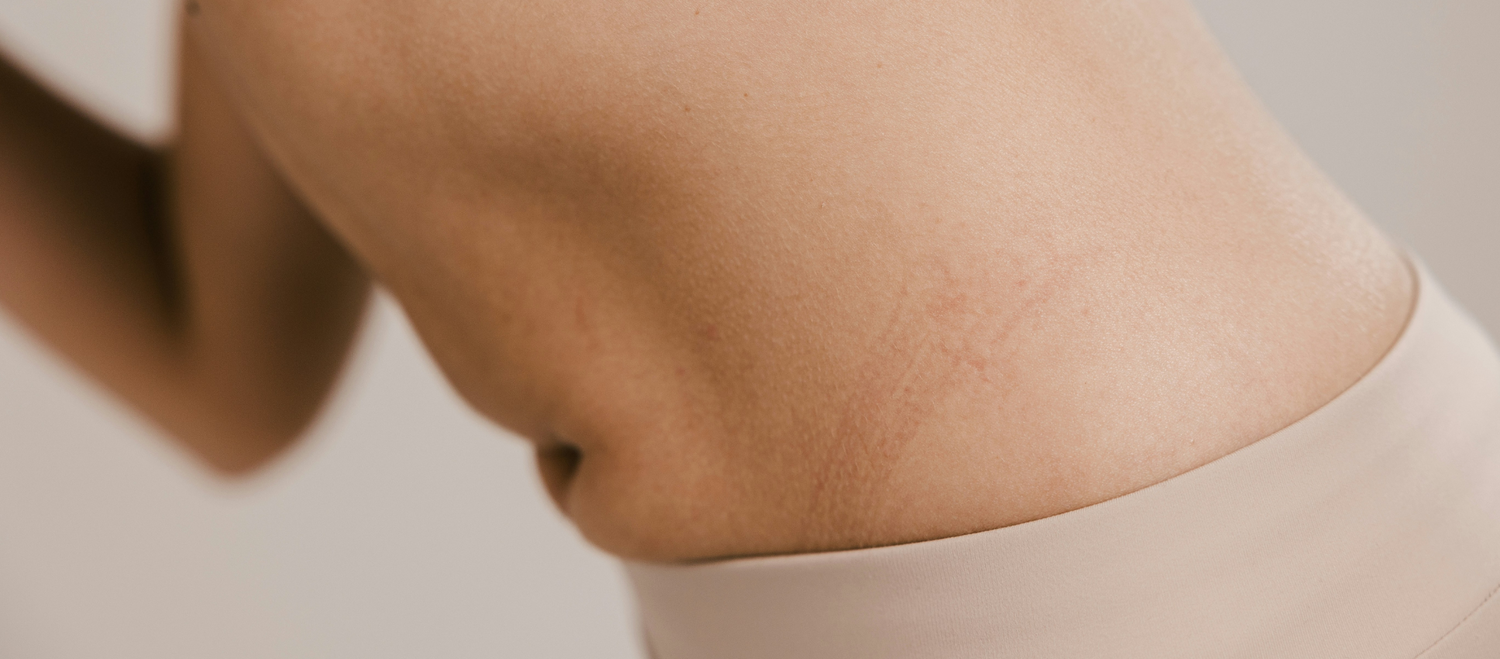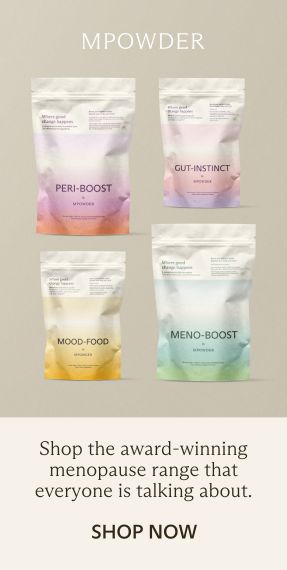Researchers now know that our gut microbiome is impacted by our menopause transition.
With less diversity and less ‘good bacteria’ in our gut, our bodies can find it more difficult to break down food. In addition, menopause leads to an increased disposition for increased gut permeability, which further impacts our microbiota and our ability to extract nutrients too. In addition, our digestive capacity reduces in this period, leading to difficulties in digesting protein and fat, resulting in intolerances and issues with food we love, but no longer loves us back.
This means that a disproportionate number of us will experience digestive symptoms including discomfort, gas and constipation. The naturopathic guidance for a balanced gut benefits all associated issues. Many of the tips are familiar. But few of us consciously introduce them. Perhaps we forget? Perhaps they feel too 'basic'? Perhaps we prioritise other lifestyle shifts. But a healthy gut and bowel are critical to a healthy body and mind.
So, fall back in love with your gut.
Listen in. If your body is telling you it’s uncomfortable, that digestion is an issue, make sure you speak with your health practitioner to rule out any underlying health conditions. And, if they advise that the symptoms are related to menopause, here are a few tips that can make a big difference:
Start your morning with hot water, lemon and a little freshly grated ginger — Ginger is famed for its carminative properties in the world of naturopathy and traditional medicine. But there is also a growing body of research showing its potential to reduce stomach discomfort, bloating, gas/flatulence and cramping too.
Make sure you’re drinking enough water across the day — If you hate water, flavour it. We found the love via sliced cucumber and a few mint leaves. Find a bottle that feels nice to hold. Aim for 1.5ltrs. Start at the start of the day and after a week, you’ll notice you feel thirsty when you forget to drink.
Ensure you’re getting enough fibre on your plate — recommended sources of fibre include oats, brown rice, wholemeal sourdough bread, nuts, seeds, lentils and a daily variety of vegetables and fruits.
Reach for the seeds — Flaxseeds and chia seeds when soaked, release a mucilage that helps support healthy bowel movements – have 1 to 2 tablespoons of soaked flaxseeds/chia seeds with breakfast every day.
Move after food — Adopt the Japanese protocol of a post-food walk to aid the movement of food through our intestinal tract. It’s also a great way to clear the mind, re-energise the body in the day and, in the evening, process persistent thoughts and prepare yourself for bed.
Finally, ensure you don’t eat too late in the day – aim to have your evening meal before 7pm so your body can do the work of metabolising when it is ‘awake’, rather than asking it to do the heavy lifting when it is preparing to rest.
Herbs and botanicals, carefully sourced and synergistically blended, can make a big difference to gut disturbance too. GUT-INSTINCT is the newest encapsulated powder in our range and has been developed in direct response to the symptom insights you share with us as a community.
Four powerful herbs with significant scientific support for their potential, have informed this unique formulation which looks to address:
— Bloating
— Wind
— Gut Discomfort
— Food Cravings
Unlike other gut-focused supplements, this blend is not a probiotic. Quite simply because probiotics are best produced by your own body - which is what this recipe looks to do too. Designed to be taken before each meal, it should ease immediate symptoms as well as provide long-term reparative support for your digestion too.
Share Twitter Facebook Pinterest

